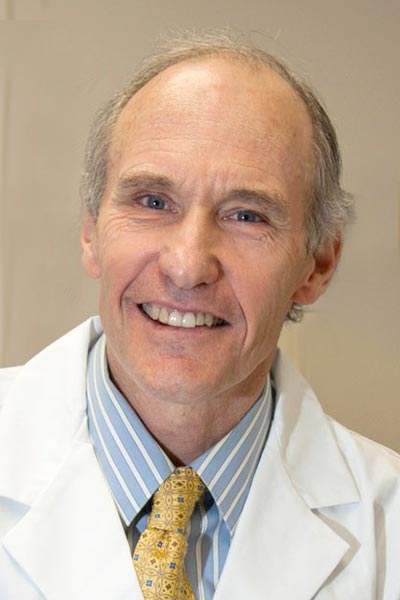AACR Lifetime Achievement award recipient lauds ‘great opportunity’ in cell and gene therapies
Chimeric antigen receptor (CAR) T cells added the word cure to discussions of cancer treatment. But CAR T cells were never envisioned as therapy. They were more a proof-of-concept experiment that went better than expected, according to Carl H. June, MD, FAACR, recipient of this year’s AACR Award for Lifetime Achievement in Cancer Research.

“CAR T cells are one of those rare things that work better in humans than in mice,” said June, Richard W. Vague Professor in Immunotherapy and Director of the Center for Cellular Immunotherapies and the Parker Institute for Cancer Therapy at the University of Pennsylvania Perelman School of Medicine. “Usually, 99 percent of the time, anything that works in a mouse doesn’t go on and work in humans and get FDA approval. The approval of tisagenlecleucel was an astonishing thing to me and to everyone else in the field. There were, maybe, five labs in the world working on CAR T back then, and not one of them in pharma or biotech.”
June will discuss the unexpected transition from an encouraging breakthrough in mouse models to first-in-modality CAR T-cell therapy during his award lecture The Unlikely Development of CAR T cells, which he will present at 4:30 p.m. ET Sunday in Valencia D at the convention center.
“One of the reasons we all thought there would never be an approval was because there was no industry to do cell therapy,” June said. “Now there are hundreds of companies. But when we treated those first few patients in 2010, we were really just testing basic science questions. And when it worked, we had to ask how this was ever going to be commercialized because there was no industry to hand it off to. Ten years later, every big pharma has a cell-therapy program.”
The development of CAR T-cell therapy to treat blood cancers has also upended the traditional drug development paradigm of focusing on agents to treat relatively common diseases. Conventional approaches do not incentivize the industry to develop and treat patients on a one-by-one basis, or even a few thousand at a time.
“Unlike a lot of other medicines, they can actually be curative of diseases that you can’t even treat with conventional approaches,” June said. “For a lot of cancer therapy, you take drugs in cycles over and over until either your body wears out or you progress. Cell and gene therapies are generally one-and-done. Having a one-time treatment has changed a lot of paradigms in the pharma industry.”
Cellular and gene therapies are more complex to design, produce, deliver, and are more effective, but the ultra-personalized approach makes it possible and practical to treat diseases unique to an individual patient, compelling researchers, industry, regulators, and clinicians to confront rare diseases head-on.
“There is a huge opportunity for young people in this field right now,” June said. “Because it is brand new, it is not a zero-sum game. There are opportunities in biotech, pharma, and academia to make new cell and gene therapies. The science is young and the rate of change is unbelievable, which creates a huge need for people who have expertise in this area. The area is wide open and tremendously exciting.”
More from the AACR Annual Meeting 2025
View a photo gallery of scenes from Chicago, continue the conversation on social media using the hashtag #AACR25, and read more coverage in AACR Annual Meeting News.

